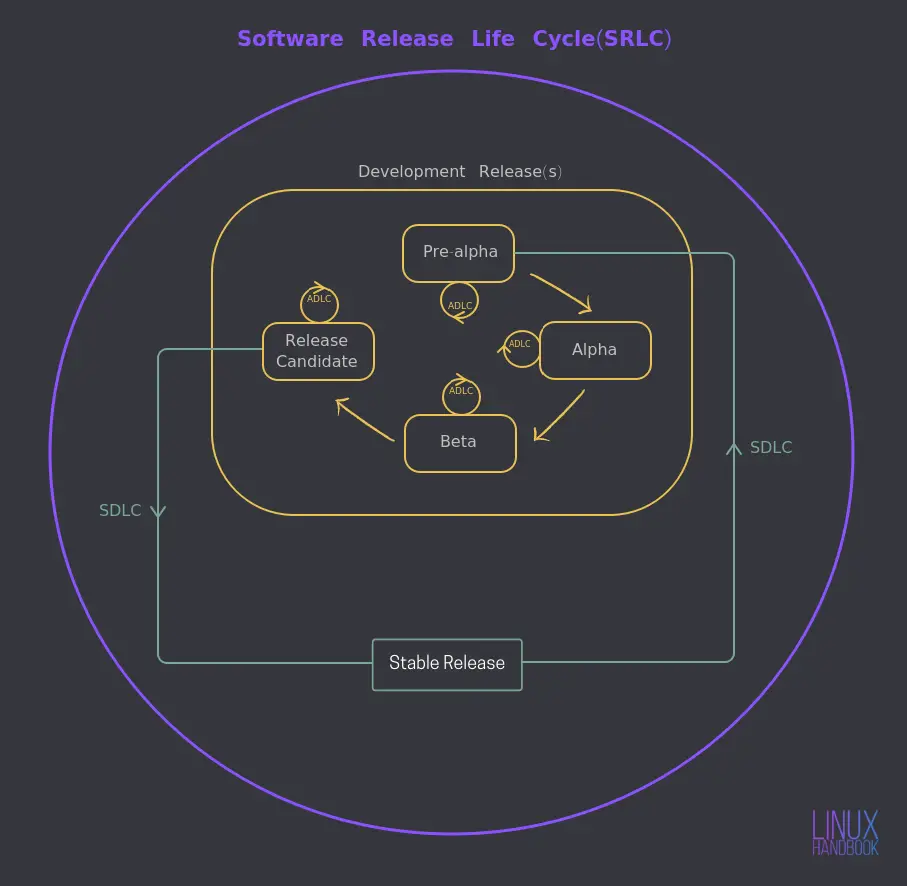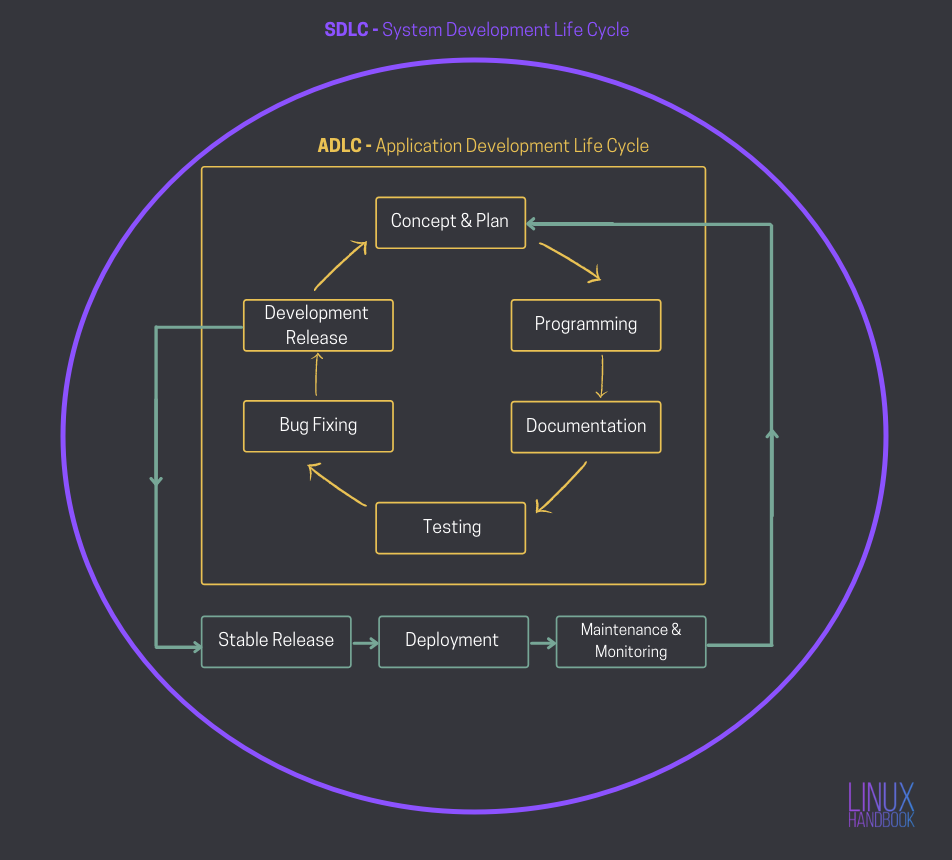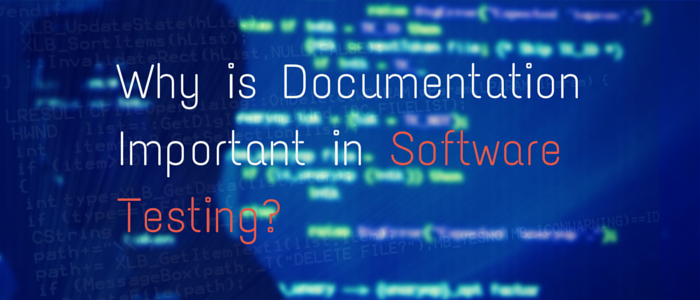Primary Responsibilities of a DevOps Engineer
In the fourth part of the DevOps Conceptual series, you'll learn about the responsibilities of a DevOps engineer.

In this DevOps series of articles, I began the discussion by reintroducing DevOps with a new outlook. In the second part, I did the same but with focus on the Software Release Life Cycle.
I distinguished the roles of a Software Engineer and a DevOps Engineer in a point-wise and tabular fashion in the third part.
In this fourth part, I once again want to focus on the DevOps Engineer role in particular and expand on their primary responsibilities in detail.
Before I begin, I suggest you take a quick look into our new models, particularly the System Development Life Cycle and the Software Release Life Cycle diagrams illustrated earlier.


Exploring the Essential Responsibilities of a DevOps Engineer
The responsibilities of a Software Engineer is already quite well known. But it is necessary to explore how the scenarios change in case of a DevOps Engineer:
Planning software deployment
Unlike planning the software's design as Software Engineers do, planning its deployment can be altogether a different responsibility. Based on the preliminary concept of the software, a blueprint based on how it would be deployed is laid out by the developers. But actually planning its deployment on diverse platforms can be a significant role for any DevOps Engineer who takes great care in seeing it to fruition.
Managing code
Code management is an important aspect for any software running in production. Regular auditing of code immensely help in minimizing bugs that could be encountered on a production environment. DevOps Engineers take care of fine-tuning already existing code created from the inception of alpha-level software and post-production as well.
Documentation of deployment procedure
Even an excellent piece of software would be no good if it didn't have clear and concise documentation. Software Engineers do document how to build the software as well deploy it. But DevOps Engineers exclusively focus on documenting the deployment procedure.
The older a software gets owing to its production usage, the more important it becomes to keep a thorough check on its deployment process. Therefore, documentation is a continuous effort and is as important as code revisions. Better documentation = Lesser Bugs. Did you know:
Documentation testing is a non-functional type of software testing.

Testing only stable versions of the software
Unlike Software Engineers, DevOps roles are focused on stable releases alone because only these versions are considerable for a production level environment for deployment. Software that has finished its first ADLC (Application Development Life Cycle), must be thoroughly tested for its potential as a stable production release and that is taken care of by a dedicated DevOps Engineer.
Bug Reporting with Critical Fixing(if needed)
This part is a combination of both documenting and bug fixing. When a stable version is running in production, all bugs that are encountered during this process need to be carefully fixed for the next stable release of the software.
In general, bug fixing is the responsibility of developers. But if the need be, DevOps Engineers can also intervene and collaborate to address fixing bugs that are critical in nature. Critical level bug fixing can therefore be carefully hastened in this manner.
Also, documenting the prevention or temporary workarounds(until they are fixed) of bugs can be extremely beneficial for the software's efficiency and reliability. This has a direct impact on functionality, usability and security.
Deploying stable releases in production environments
Once the software is confirmed to be reliable and efficient based on thorough testing as discussed above, it is finally deployed in production with the help of step by step guides that were documented earlier by the DevOps Engineer. The significance of documentation is understood the best only when you deploy the software in production.
Maintaining and monitoring deployments
Software running on production needs continuous maintenance and monitoring. A DevOps engineer ensures the software is up-to-date and also the platforms they are deployed on. It is especially during this stage that production level behavior can be recorded for improving future serviceability. That includes production level bugs, the necessity of new features as well as user interface & security enhancements.
Re-planning designs based on production level behaviors
Software deployment planning is a continuous process that starts with a preliminary blueprint and concept of the tool's deployment to fulfill its objective. Once the first stable release is out, this blueprint undergoes rigorous revisions after every new stable release. The revisions in the software's deployment procedure is based on feedback obtained from each of the phases in the Application Development Life Cycle and the System Development Life Cycle.
So, this was an overview on understanding the significance of the DevOps Engineer role. Their diverse responsibilities clearly make them stand out and highlight their need in ensuring the continuous enhancement of a software until and unless it reaches end-of-life. A Big Thank you to all the dedicated DevOps Engineers out there!
Hope you found this article useful. If you have more thoughts to share as feedback or suggestions, please do so in the comments section below.
DevOps Geek at Linux Handbook | Doctoral Researcher on GPU-based Bioinformatics & author of 'Hands-On GPU Computing with Python' | Strong Believer in the role of Linux & Decentralization in Science
